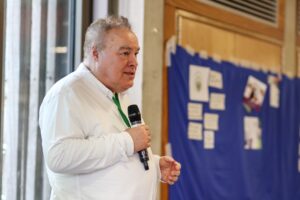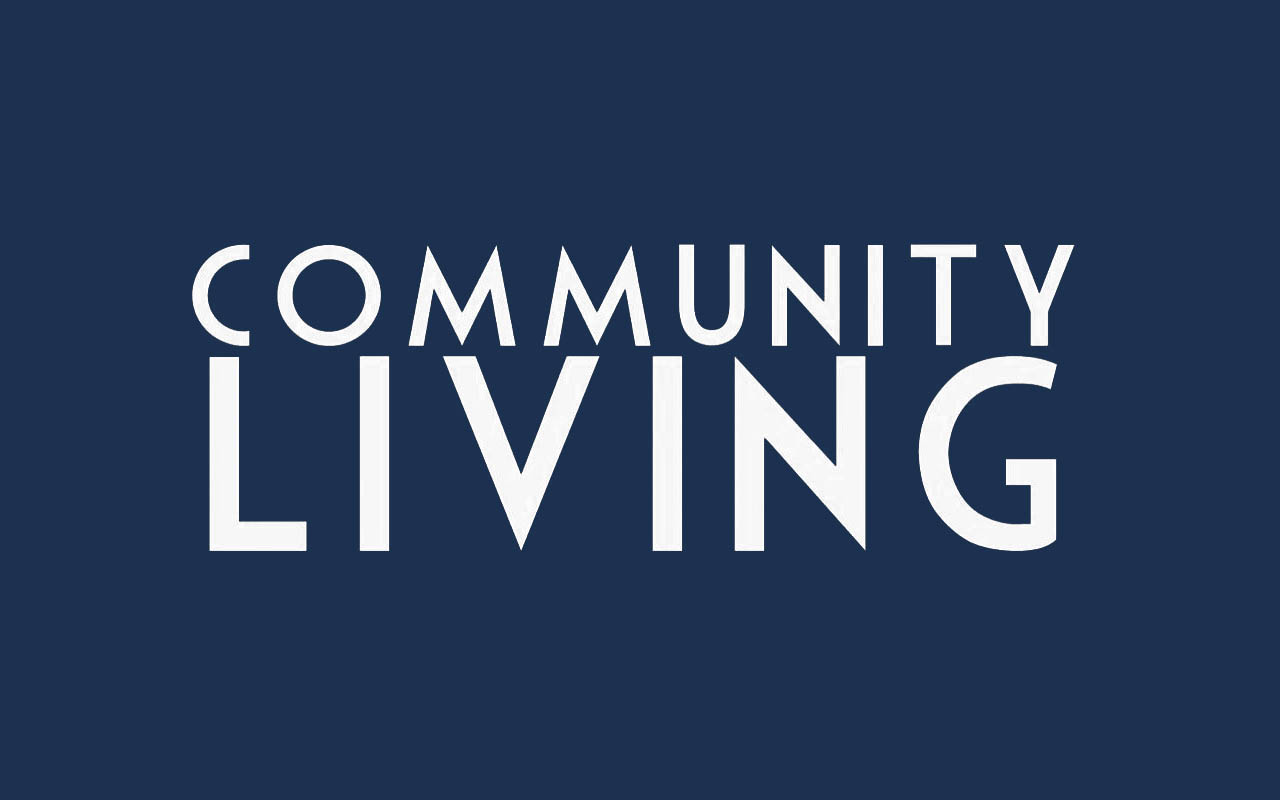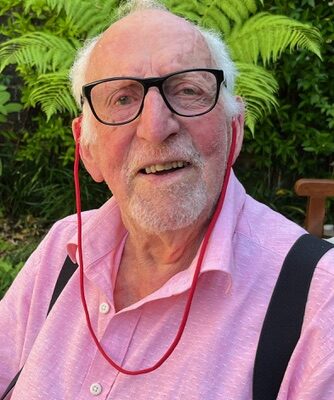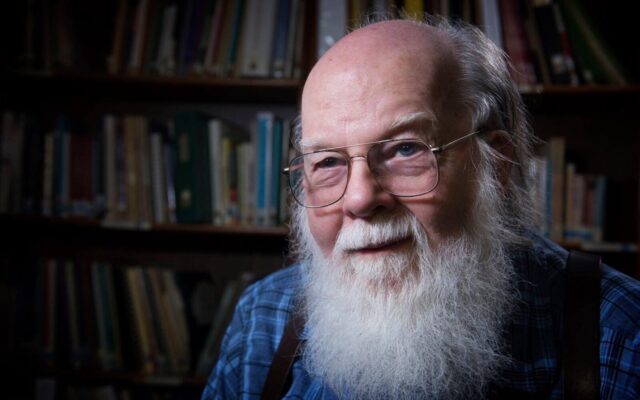Call for legal costs ahead of care death inquests
Campaigners and bereaved relatives have renewed their demands for families to get legal aid ahead of inquests.
This followed the inquest into the 2017 death of Sally Lewis, who had learning disabilities.
Her family crowdfunded for legal help for an inquest.
A Worcestershire coroner concluded neglect contributed to the 55-year-old’s death
from complications caused by constipation. She died in supported living. Care provider Dimensions apologised, saying its support had not been not good enough.
Academics Sara Ryan, Chris Hatton, Katherine Runswick-Cole and David Abbott as well as Deborah Coles, director of charity Inquest – which has long called for automatic non-means-tested funding for legal representation following state-related deaths – wrote in a letter in The Guardian:
“We witness the familiar ‘scandal-review-inquest-lessons learned’ story on its loop… Sally’s family have no access to legal aid.”
Sibling Julie Bennett described her sister as “our sunshine”.
Fundraiser for legal costs
Social care legal agency CASCAIDr recently held its annual Access to Justice fundraising walk.
This aimed to highlight the growing gaps in adult social care and to raise money for families’ legal costs.
People can still donate online.
Guide supports people to help others decide
A guide to ensure people with a learning disability are genuinely involved in decisions about their lives has been published.
Training and development organisation Paradigm has published A Practical Guide to Supported Decision-Making on its website.
Supported decision-making entails helping a person to make their mind up over issues and changes.
The guide highlights that the right to be involved in decisions is reinforced by the UN Convention on the Rights of Persons with Disabilities, the Mental Capacity Act 2005 and the Care Act 2014.
The guide, an update of a 2008 version, is intended to make people feel more confident about supporting others to make decisions.
It explains aspects of law and gives practical help through real-life examples and tools such as a decision flow chart.
Self-advocate calls for good lives at conference

Self-advocate Gary Bourlet urged people to back Learning Disability England’s (LDE) Good Lives project at its conference in the spring.
“We want to continue building a movement for change. Good Lives is a common cause we can all stand behind,” he said.
Bourlet is membership and engagement lead at LDE, which unites people with learning disabilities, families, friends and paid supporters in a movement for change.
There were three opportunities for people to attend the event, with in-person meetings held in London and York, as well as one provided online.
Good Lives, which was launched last year, involves sharing ideas on what it will take for everyone with learning disabilities to be able to live a good life.
One attendee at York said: “Being with this community – this group of individuals who share the same vision and are all equally passionate – fills up the tanks for the work that still needs to be done.”
News briefs
Covid and race report due
The Commission on Covid-19, Ableism and Systemic Racism will publish its final report on 13 July. The commission, established by the Voluntary Organisations Disability Group with funding from the Joseph Rowntree Charitable Trust, has explored how Covid’s worst impacts have fallen on disabled people from black, Asian and other minority ethnic groups.
Time off to care becomes law
A bill giving employees in Britain the right to unpaid leave to care for older, disabled or seriously ill relatives or friends has received royal assent. The Carer’s Leave Act 2023 will mean staff juggling work and caring can take up to five days of unpaid leave to support their loved ones.
Injustice topic of first talk
Talks to raise awareness of learning disability issues are being organised by support charity LDN London. The first, on Thursday 13 July at the London Canal Museum near King’s Cross, will be chaired by historian and Community Living writer Simon Jarrett. It will focus on the injustice of people still being locked up in assessment and treatment units.
Scheme to unite carers
Sheffield Mencap and Gateway has won more than £250,000 from the National Lottery Community Fund for a new scheme for those caring for people with learning disabilities or autism. The Carers Support Service responds to needs identified in Sheffield City Council’s 2022 report into the impacts of Covid-19 on carers and will bring together carers across Sheffield to form social support groups.





